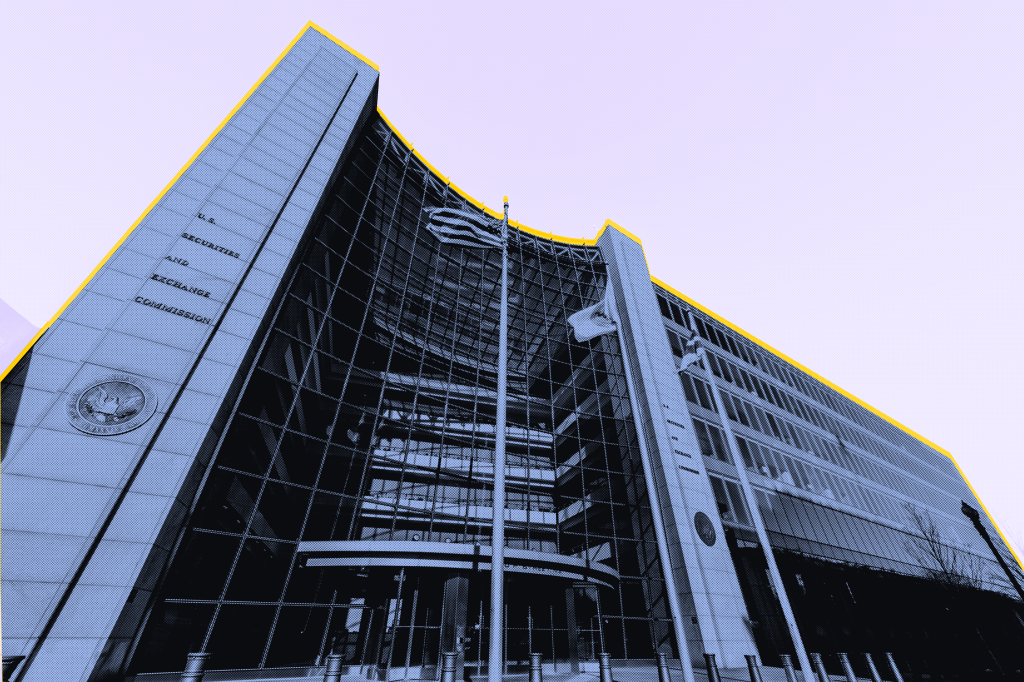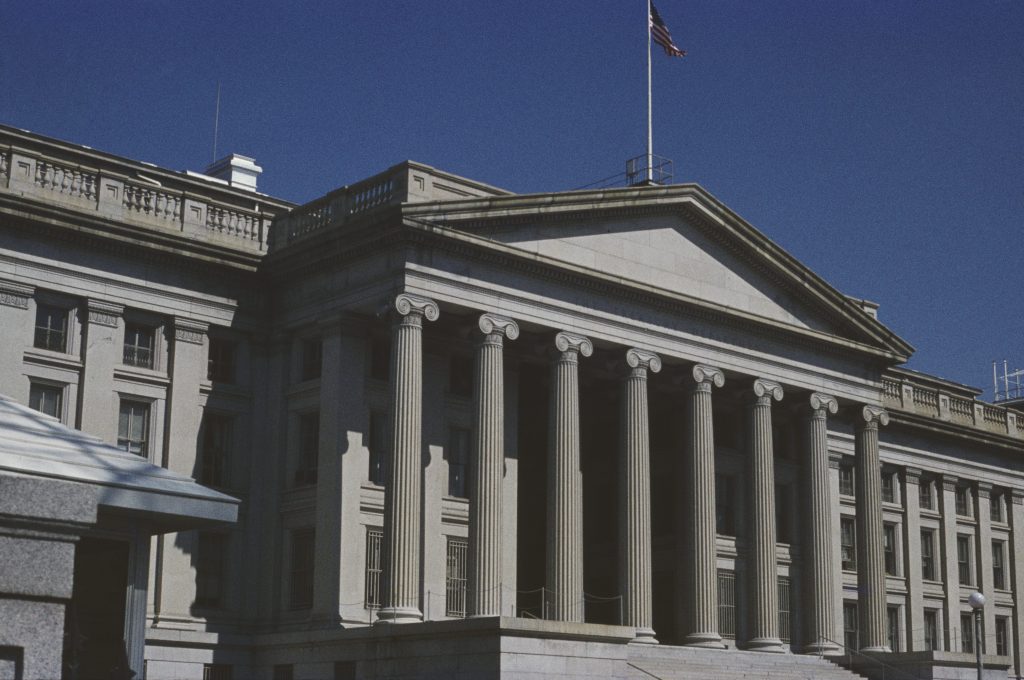A new Whistleblower Protection Act has been adopted in Estonia, which will stipulate the legal basis for reporting on violations of EU law relating to work activities, as well lay out protective measures for whistleblowers.
It entered into force on September 1 after being adopted by the Estonian Parliament on May 15. Starting January 1, 2025, the Act will apply to legal entities with 50-249 employees.
The Act will apply for work-related violations around:
- public procurement;
- financial services, products and markets and prevention of money laundering and terrorist financing;
- product safety and compliance;
- transport safety;
- environmental protection;
- radiation protection and nuclear safety;
- food and feed safety, animal health and animal welfare;
- public health;
- consumer protection;
- protection of privacy and personal data, and security of network and information systems;
- violations of the financial interests of the EU stipulated in Article 325 of the Treaty on the Functioning of the European Union; and
- violations connected to the internal market referred to in Article 26(2) of the Treaty on the Functioning of the EU, such as corporate income tax norms, and agreements around obtaining tax benefits that are contrary to the purpose of legislation applicable to corporate income tax.
The Whistleblower Protection Act also provides provisions for internal and external notifications, as well as details fines for attempts to prevent notifications of violations or pressurize whistleblowers.
Attempts to prevent notifications of violations or pressure measures can lead up to a fine of 300 fine units. For a legal entity, the same violations could result in a fine of up to €100,000 ($110,890). The same penalty goes for violating whistleblower confidentiality obligations.
National defense and state secrets
However, the new Act will not apply to events concerning:
- national defense, security and state secrets and classified foreign information – if it conflicts with the distinctions provided in legislation;
- criminal proceedings – if it contradicts the provisions of the Code of Criminal Procedure;
- a lawyer’s professional activity – if it is in conflict with § 45 of the Bar Association Act;
- the professional activities of the healthcare service provider and the persons participating in the provision of healthcare services – if this conflicts with § 768 of the Law of Obligations Act;
- members of the clergy in relation to their duty of confidance in a private prayer or a private conversation – if this is contrary to § 22 of the Act on Churches and Congregations; and
- the activity of the courts in the administration of justice – if it contradicts the provisions of § 71 and 72 of the Courts Act.













